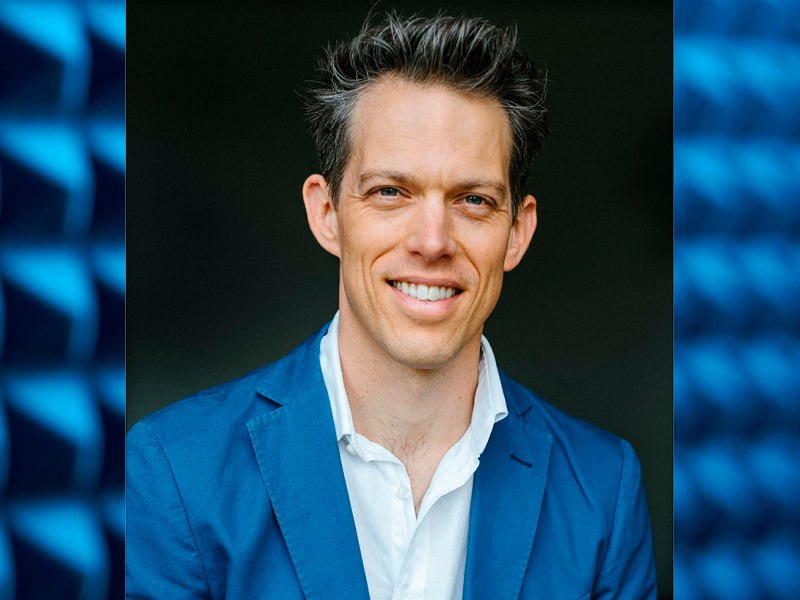Dr David Ireland has built a career in research translation, taking ideas and IP from the laboratory and applying models for commercial success or social impact.
He says that as an undergraduate, he wasn’t sure what he wanted to do, except that it should involve both business and science. So he did degrees in both.
Eventually he was awarded a dual PhD in Biotechnology and Business Management, and has been drawing on the skills and experience that has been built on that interest in both science and business ever since.
In this episode of the Commercial Disco podcast, Dr Ireland takes a deep dive into the challenges and opportunities for research translation in Australia and picks apart some of the issues that are peculiar to our national innovation system.
There is a lot to be learned here. Research translation is a fundamental building block of national prosperity and well-being. And Dr Ireland shares some incredible insights along the way.
“I did dual science and business degrees, and then did the dual PhD [which] in hindsight was an excellent decision,” Dr Ireland says.
“It allowed me to navigate both the world of science and technology and research, but also the world of … ‘how do you translate that and turn that into a business that can go on and have impact,” he said.
For anyone who is currently in a research role, there are some signposts in this conversation.
Dr Ireland’s early career went from research, to tech transfer and then to a role at the University of Queensland’s highly-regarded UniQuest where he helped to set up a number of businesses, raised money, licensed technologies – all the things that can drive translation success,
After that it was to the CSIRO for five years, where he was general manager of international and innovation systems, doing big innovation policy work – including in the implementation of it ON Program – and managing relationships with big R&D agencies from around the world.

Then he jumped out and into his own thing. The Canberra-based Dr Ireland is co-founder and director at The Growth Drivers – a kind of incubator/accelerator consulting outfit – and is a co-founder and director at Radian Energy, a platform for better tracking and reporting energy usage and emissions reduction.
The Growth Drivers is “an innovation, commercialisation, translation-type of service,” he says.
“We work with organisations – both public and private research institutions and not-for-profits – and help them do everything from product and service design, to strategy, culture change, capital raising, go-to-market planning … all of that stuff.
“[We go] all the way through to helping leaders build some of the skills they need to do the innovation or the entrepreneurship or navigate some of those big challenges they’re facing,” Dr Ireland said.
He is a long-time Governor at WWF Australia, a non-executive director at Planet Ark Environmental Foundation, and is a member of the UniQuest Investment Advisory Committee.
All of which is just to underline Dr Ireland’s exposure to different kinds of experience across different parts of the innovation system.
If you are a young researcher, this is an interesting career trajectory to listen to get some ideas for your own future. If you are an innovation policy nerd, or an entrepreneur – this is a great conversation.
There are highlights around the cultural changes that the CSIRO’s ON Program has enabled – and why it needs to be broadened to reach more researchers in order to have a lasting cultural impact across all of Australia.
And there is an excellent discussion of the long-termism of the University of Queensland UniQuest, with a key research for its success being that the organisation has always been given permission to fail.
“One of the things that allowed UniQuest to be successful was that it was allowed to fail,” Dr Ireland said.
“And that UQ had made this long-term investment UniQuest as an entity had been set up, and had been given this pretty much the same mandate for 25 years.”
He says if you compared that to other tech transfer agencies at the time, or the commercialisation units in other universities, they were not given enough time, or a consistent mandate.
“We just know that innovation takes time, you have to fail before you can succeed,” he says.
“And a lot of the new methodology when you’re looking at startups is about how do you bring failure really early on … where you haven’t [yet] spent a lot of time and money.
Do you know more? Contact James Riley via Email.

